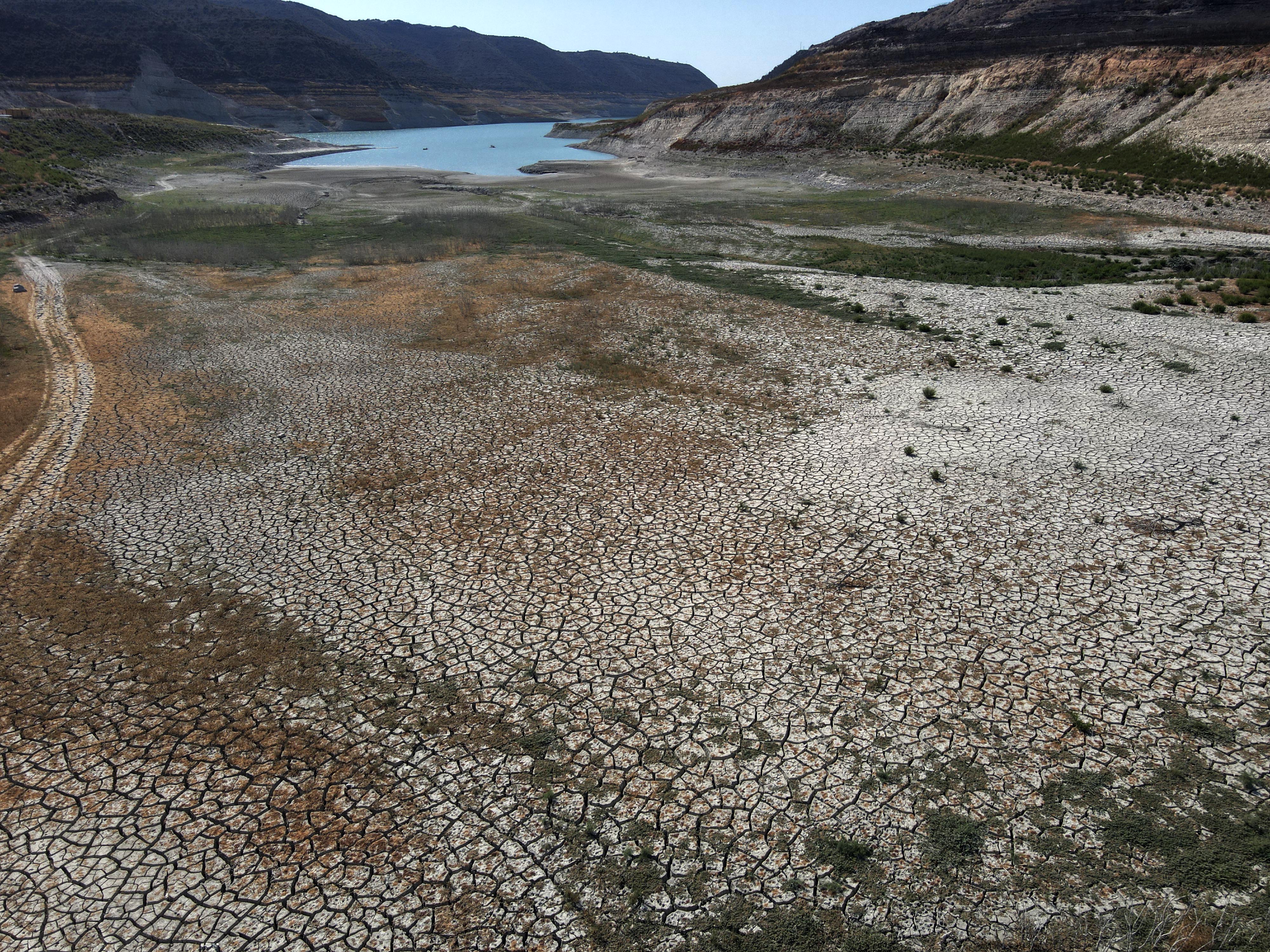The audit office should be commended for highlighting the long-term water policy failures, for which all the governments of the last 30 years have a share of responsibility. They have all contributed, by their slapdash, short-sighted approach to the management of our water resources to our current predicament with water levels in reservoirs precariously low, farming forced to survive with a drastically reduced water supply and polluting desalination plants working non-stop to avert a possible crisis and to allow us to carry on wasting water on golf courses.
For some inexplicable reason no government is criticised for the failure to develop a comprehensive, medium-term policy for the rational management of water resources, because drought is a product of nature over which we have no control. That we have done next to nothing to safeguard agriculture and our economy from extended drought, that is experienced every few years, is indicative of the general indifference of the politicians. They are the politicians who have sanctioned the opening of more and more water-guzzling golf courses, oblivious to the fact that we did not have the water resources to sustain them and that in time of drought water for golfing greens is given priority over that for farms.
The audit office revisited the water issue, nine years after its last report, to establish which measures that were on the cards in 2016 had been implemented. Despite the implementation of some, there were serious delays for others, threatening sustainable management of water resources. More worryingly, the report said that of the 60 projects in the 15-year Water Development Plan up to 2030, only 14 had been completed. In other words, in 10 years only 14 projects were completed and in the next five years, in theory, 46 must be implemented for the deadline to be met.
Dams were “old and in need of immediate reassessment and maintenance,” said the report, also complaining that there was no “comprehensive management system for dam safety.” Most of the 104 dams exceeded 50 years of life,” while subterranean water reserves were alarmingly low and threatened by salination. It is not a positive picture, but the report is necessary to make people aware of the problem and to warn that we should not rely so totally on costly – financially and environmentally – desalination to compensate for the failure to implement water management policies. Desalination plants require large amounts of fuel and increase our carbon emissions bill.
On the day the report was issued, the Water Development Department said it would be implementing a strategic plan, aimed at solving the water problem once and for all. The plan had been approved by the council of ministers, said the WDD. We hope there is an emphasis on implementation this time, because we have had enough of strategic plans that never advance beyond the theoretical stage.






Click here to change your cookie preferences